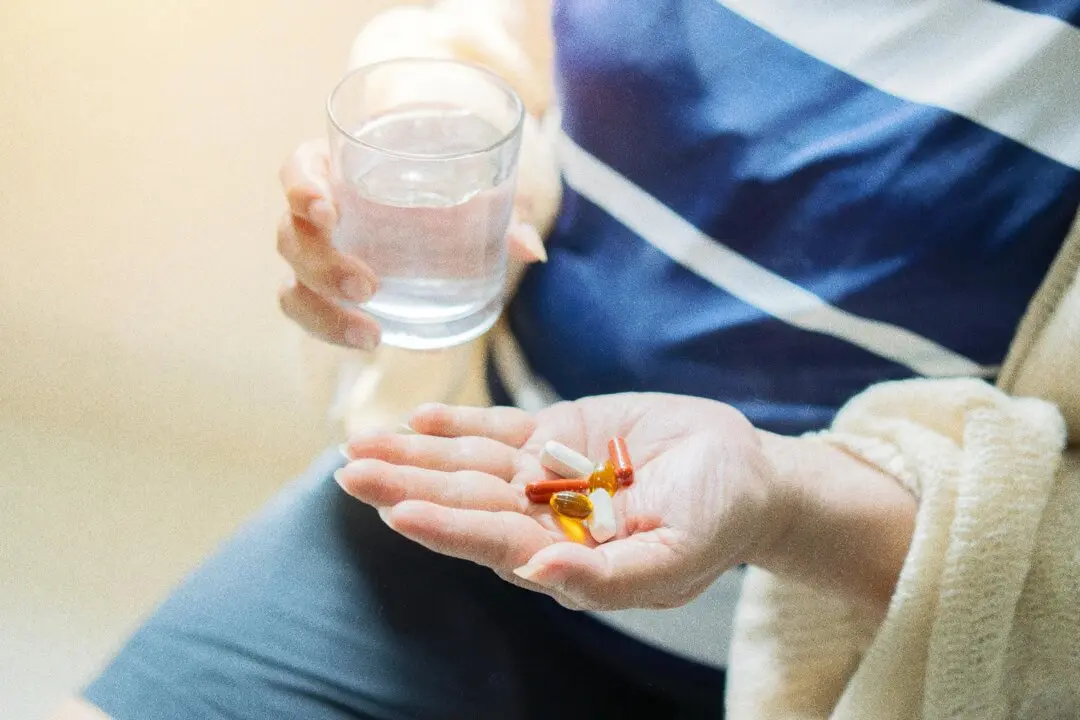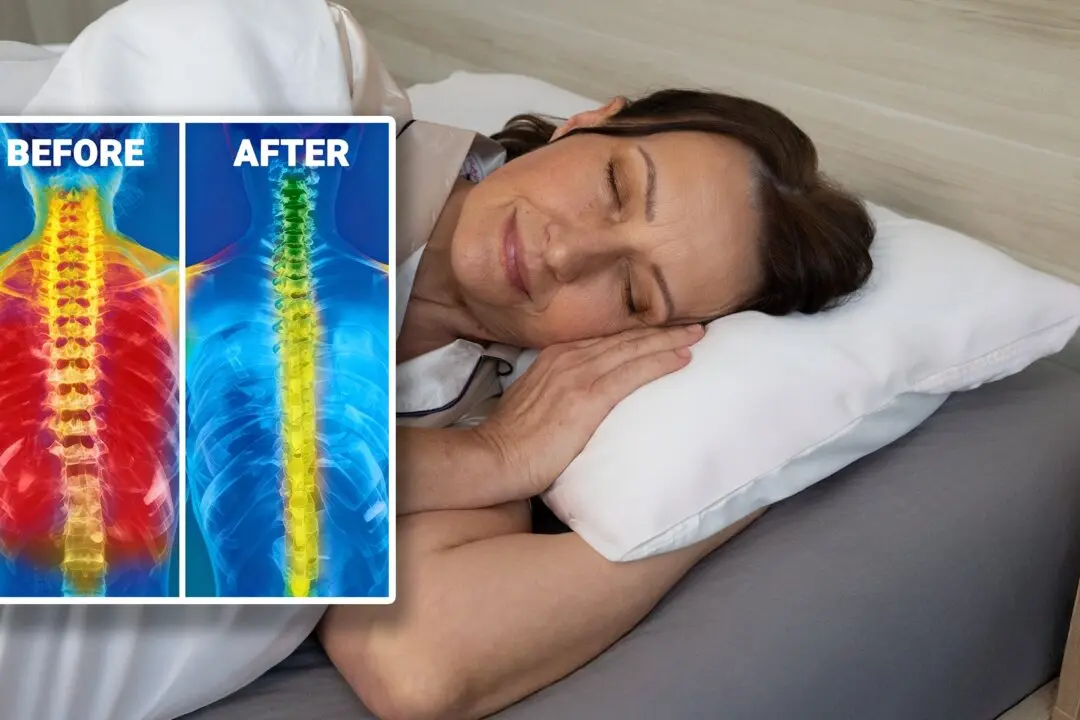Listening is incredibly important for our emotional well-being.
“Lack of hearing can lead to depression, anxiety, emotional instability, withdrawal, isolation, and less self self-esteem,” audiologist Dr. Georgette Sinclair said.
Once hearing cells are lost, they can never be regained, but there are ways to protect them, and hearing aids can greatly improve quality of life, she said.
Here are her tips for good hearing health.
Lower Your Earbud Volume
Dr. Sinclair said she’s seeing more and more young people come to her clinic with hearing loss related to how they use technology and that people are developing hearing loss much younger than in previous generations.
Listening to very loud music puts pressure on the eardrums and leads to permanent hearing loss, she said, so keep your volume as low as you can.
Use Earplugs
After being at a noisy event, it takes about 14 hours of being away from the noise for your ears to recover. Continued exposure to loud noise can cause permanent damage.
“If you continue to go to night clubs where the music is so loud, gradually, your hearing will get worse, and your ears will not be able to recover any more from such repeated exposure,” she said.
Earplugs can protect your ears from permanent damage, and Dr. Sinclair suggested using them at very loud events.
“If you go to a party with loud music and everybody is yelling at each other [in order to converse], use earplugs,” she said.
Know the Law and Get Tested
If you are exposed to noise for many hours as part of your work, you should get tested and use protection.
“By law, you cannot be exposed in your working environment to more than 80–85 decibels. After 85 decibels, you really need ear protection,” Dr. Sinclair said.
The law also requires that employees in noisy workplaces get a hearing test once a year and be provided with earplugs, she said.
Check Medications
Besides noise exposure, drug abuse, certain medications, and some lifesaving medical treatments such as radiation may also contribute to hearing loss. Dr. Sinclair said this is known as auto-toxicity.
“Even aspirin taken in big quantities can cause ringing in the ears and temporary hearing loss. ... Read the side-effects of the medication,” she said.
Have Patience With Your Hearing Aid
It can be overwhelming when you first get a hearing aid and are suddenly able to hear sounds you haven’t heard in a long time.
“It takes a while for the brain to relearn to listen to sounds. We have to retrain the brain. … There’s a period of adjustment—usually about three weeks. First the brain relearns to listen to sounds, and the joy of sound comes a bit later,” Dr. Sinclair said.
She has been working with the national hearing-care company HearUSA since its inception, and through it runs a patient support group where people with hearing loss can connect and learn from one another.
Treatment and support can make a huge difference in quality of life.
“One of my women patients said, ‘Now when I put my hearing aid in I feel complete. … I can’t believe how much I was missing,’” Dr. Sinclair said.
Dr. Georgette Sinclair
420 Lexington Ave.
Suite 315
New York, NY 10170
212-867-6337
HearUSA
855-895-4437
HearUSA.com





